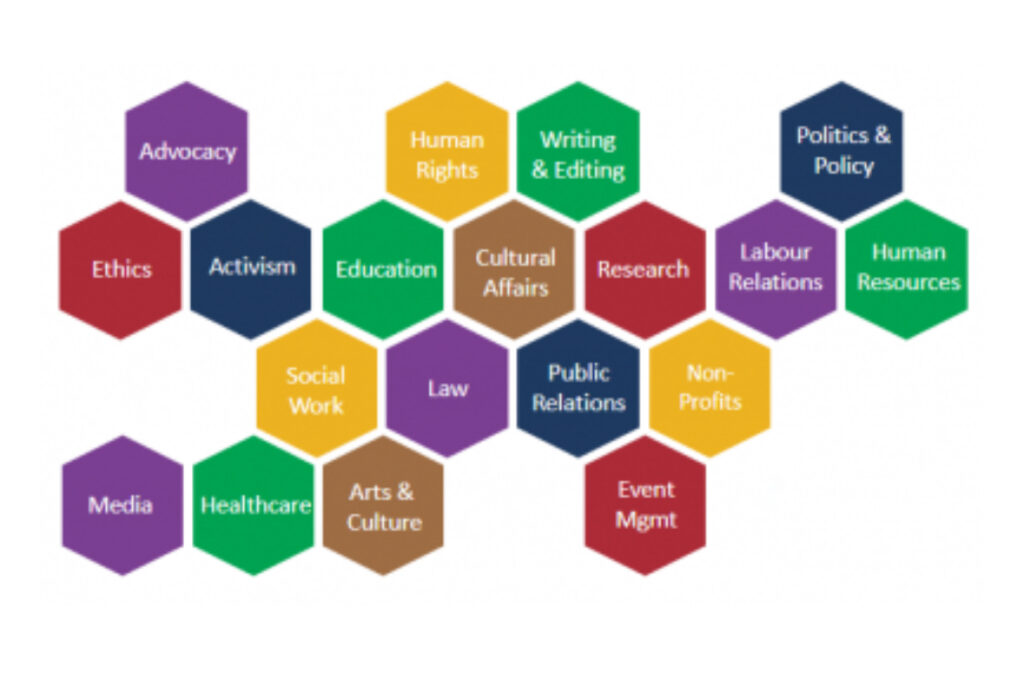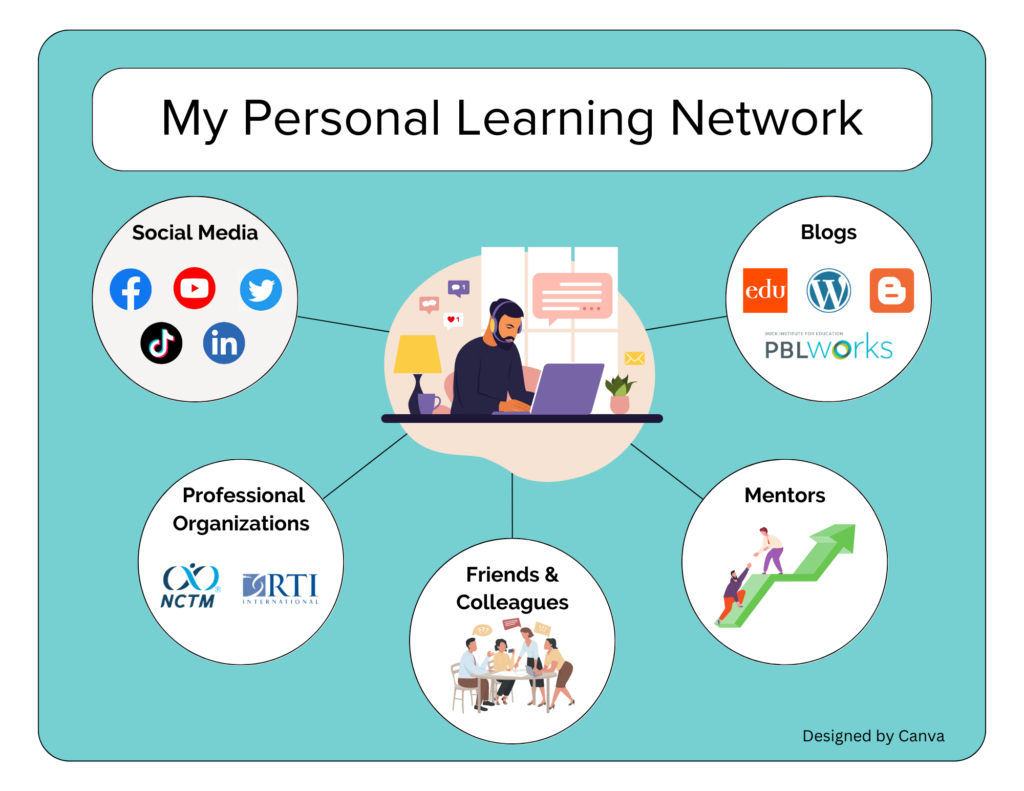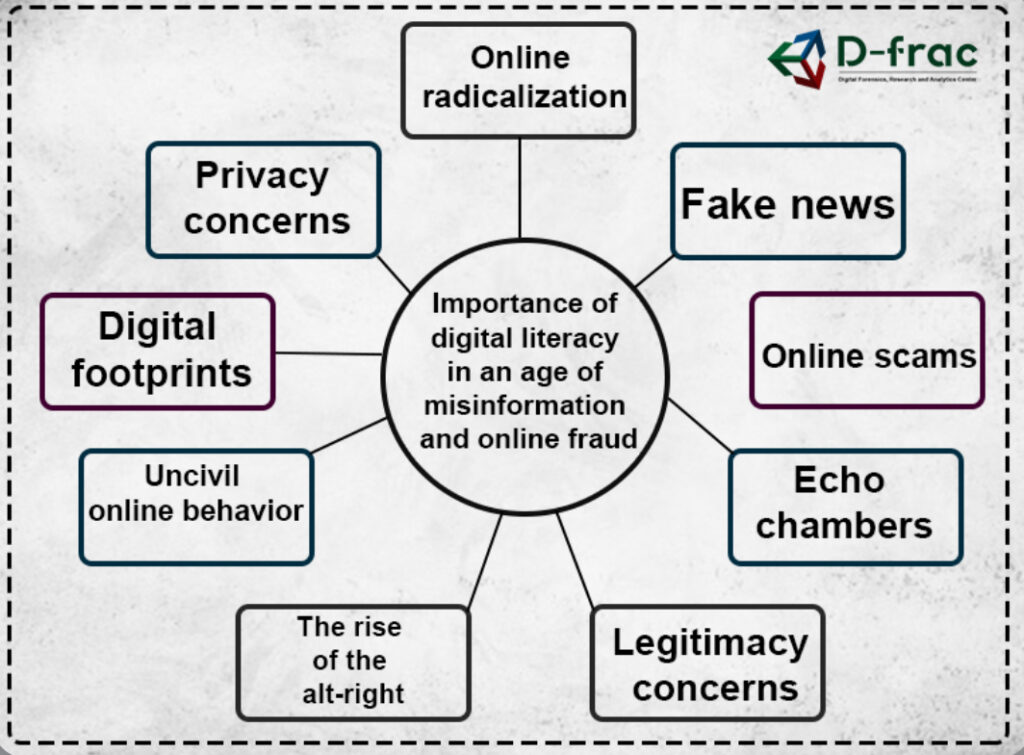
Creating & Utilizing Personalized Learning Networks
Throughout my education in undergraduate studies, social media has been used as a tool to promote student learning and engagement. In many of my courses, we were required to create collaborative posts on Instagram because of how accessible the platform is for students. Although I had not realized this earlier I have unintentionally created a personalized learning network for many years now. After reading the article “What is a Personalized Learning Network?” I came to understand that we all regularly engage with a network of preferred people, devices, sources, and services online across different contexts such as work, school, and home (Future Learn, n.d.) Personally, I have used social media to build my own Personal Learning Networks and to stay informed. Platforms such as LinkedIn have offered numerous career-related opportunities and make networking far more accessible for young people already familiar with such digital spaces. This ongoing interaction forms our personalized learning network. While it may start with simply being active on various online forums, it evolves into a more intentional and personalized approach to learning.

The Necessity of Digital Literacy in the era of Online Misinformation & AI Generated Content

However, I believe the greatest impact of social media, whether it is through networking spaces or discussion forums, is the ability to access information instantly. Its personalized nature has allowed me to stay up to date on current events, learn new skills through free online courses such as HarvardX, and feel engaged in the world around me. At the same time, there are important limitations to social platforms, such as the widespread presence of misinformation and the growing role of AI-generated content, which can easily mislead users. This is why digital literacy is crucial when navigating social media. As highlighted in the talk “Digital Literacy: Realizing the Promise of Technology,” the misconception that only young people can be digitally literate is counterproductive (Begley, 2023). As this myth hinders progress and overlooks the importance of adaptability in a society that is changing constantly. For instance, when the pandemic brought the world to a stop, the sudden shift to remote and online environments proved to be challenging. Many older individuals struggled to adapt, and institutions such as universities and academic organizations faced a slow and difficult transition to online learning.
Which is why digital literacy is imperative as it helps users adapt and also assess whether content or learning material is accurate. I consider myself fairly competent in this area. There are features within a post such as its tone, account, source, and comment section, that help me determine the credibility of the content. Unfortunately, individuals with weaker digital literacy skills are more susceptible to misinformation and scams. For example, on highly polarized topics, misinformation tends to circulate rather quickly. Platforms such as Facebook, X, and Instagram that allow users to flag or label misinformation have been helpful and can assist in improving digital literacy.
While misinformation is nearly impossible to avoid, my digital literacy skills have helped me critically assess content related to my Political Science and Gender Studies education. When I come across a questionable post, I ask myself: Who posted this? Is it designed to provoke anger (rage bait)? What do the comments say?
An element I appreciate about personalized learning through social media is that it caters to my interests and learning preferences. I participate in forums that are accessible and enjoyable like Reddit, where I engage in discussions about Canadian politics or my favourite artists. I use X and TikTok to explore trending topics and cultural moments. Social media is helpful insofar as it becomes a powerful tool for learning that adapts to the user’s preferences.
Safe Online-identities & Digital Footprint
With that being said, we must also be cautious consumers of social media. For instance, younger users, in particular, often start building their digital presence at an early age, which may carry long-term implications especially when posts resurface during job applications or background checks. All users should be mindful of how they present themselves online. Being digitally literate means recognizing that the online world is not exempt from the same ethical and social standards we apply in real life. Whether your account is anonymous or not, your online presence has real-world consequences. Treating social platforms as you would treat public spaces is crucial.
References
Begley, S. (2023, March 11). Digital literacy: Realizing the promise of technology [TEDx Talk]. YouTube. https://www.youtube.com/watch?v=oGwSzp2xBU4FutureLearn. (n.d.).
What is a Personal Learning Network (PLN)? In Learning in the Network Age [Web page]. FutureLearn. https://www.futurelearn.com/info/courses/learning-network-age/0/steps/24644

Leave a Reply